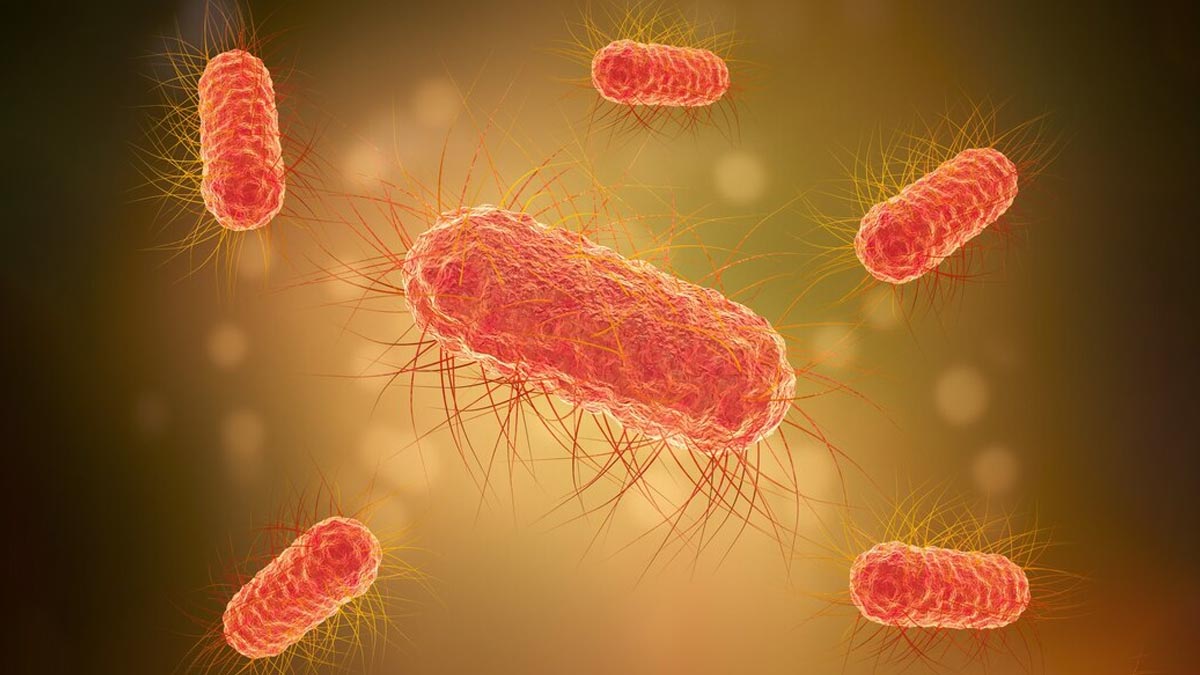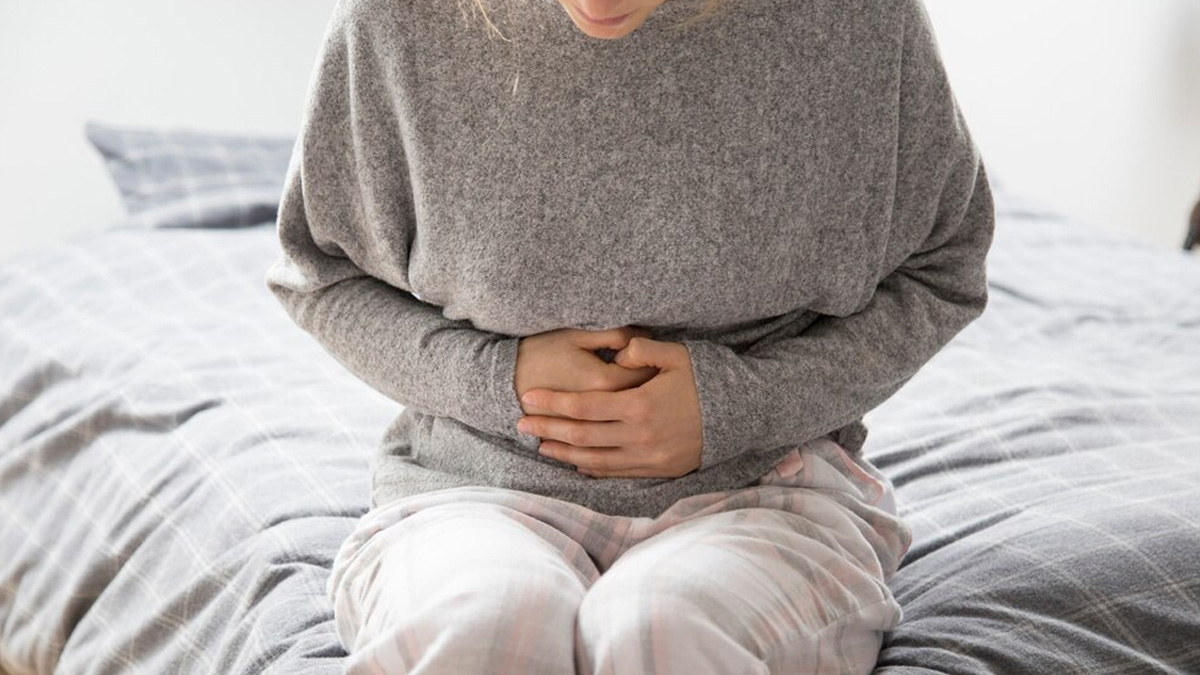
An E. coli outbreak in the United States has raised serious food safety concerns, with many people affected after eating the Quarter Pounder hamburger at McDonald's. According to an investigation report by the US Centers for Disease Control and Prevention (CDC) dated October 22, 2024, a significant number of cases have been linked to this popular fast food item. The outbreak has prompted US citizens to stay vigilant as health officials work to trace the source of contamination and prevent further spread.
Table of Content:-
But as people in the US remain on high alert, it's important for individuals in India to be aware of E. coli infections and how to prevent or manage them. It is crucial to understand the risks, symptoms, and safety precautions, which can help reduce the chances of infection.
Also Read: Common Bacterial Infections And How To Prevent Them
What Is E. Coli Infection?

Dr Ronak Tate, Consultant-Gastroenterology, Fortis Hiranandani Hospital, Vashi, describes Escherichia coli (E. coli) as a group of bacteria that harmlessly resides in the Gastrointestinal (GI) tract of humans and some animals. However, some strains of E. coli can cause moderate to severe illness by releasing toxins.
The Shiga toxin-producing variant of E. coli (STEC) especially can cause severe illness and damage the kidneys," he tells the OnlyMyHealth team.
In the US, STEC, also called O157:H7, is causing severe intestinal infection in people. A specific ingredient has not yet been confirmed as the source of the outbreak, but most sick people report eating McDonald’s Quarter Pounder burgers.
There are many strains of E. coli: Enteroaggregative (EAEC), Enterohemorrhagic (EHEC), Enteroinvasive (EIEC), Enteropathogenic (EPEC), Enterotoxigenic (ETEC), and Diffuse adherent (DAEC).
How Does E. Coli Contaminate Food?![]()
E. coli bacterium can easily spread from consuming unpasteurised dairy products like raw milk, food items prepared by using contaminated water, uncooked or undercooked meat, unwashed raw vegetables, and fruits.
It can also spread via contact with an infected individual’s vomit or faeces and from direct contact with infected animals.
Symptoms Of E. Coli Infection
Symptoms of an E. coli infection can range from diarrhoea, nausea, vomiting, stomach pains, fever, pain in the pelvic region, and fatigue to severe illness with bloody discharge.
According to Dr Tate, if it is a STEC infection, symptoms can show up within 3-5 days after consuming contaminated food. Some other strains can make you sick within hours, while sometimes the symptoms show up to 10 days after infection.
Also Read: E Coli Infection: Here Are Symptoms To Watch Out For
Safety Precautions And Management Tips![]()
To protect yourself from an E. coli infection, Dr Tate recommends practising proper handwashing technique. “Remember to wash your hands after using the washroom, after handling raw meat, poultry, or dairy products, after changing nappies, and always before eating, and avoid consuming unpasteurised milk,” he notes.
However, if you are already infected or suspect an infection, consult a doctor and take antidiarrheal medication. Do not consume caffeine or liquor, as they can make it worse. Additionally, if you are experiencing bloody diarrhoea, uncontrolled vomiting, or severe stomach aches, seek medical help without delay, the doctor concludes.
Also watch this video
How we keep this article up to date:
We work with experts and keep a close eye on the latest in health and wellness. Whenever there is a new research or helpful information, we update our articles with accurate and useful advice.
Current Version

